Freitag den 24.05. Um 12:00 h
This webcast will be in English!
Moderation: Agnes Schneider
After specialising in Prehistory at the Eötvös Loránd University in Budapest, Agnes Schneider pursued her interest in Remote Sensing and Computational Archaeology at the University of Marburg in the Department of Geography. Her aim is: to understand archaeological contexts & landscapes through statistical & spatial analysis (multivariate & semi-automated analysis) of remote sensing and archaeological data by means of open-source software & reproducible/replicable workflows. Currently she is developing semi-automated analysis methods for magnetometer data.
Vortragende: Alexis Maldonado Ruiz (Universidade de Santiago de Compostela, Universiteit Leiden); Rafael María Martínez Sánchez (Universidad de Córdoba)
Alexis Maldonado Ruiz finished his degree in History at the University of Granada and completed the Master in Archaeology (M71.56.1/RD 1393/2007). He obtained a contract from the Ministry of Education program for university teacher training (FPU/2015) and subsequently has developed a research and teaching activity in the Department of Prehistory and Archaeology at the University of Granada.
Rafael María Martínez Sánchez is an assistant Professor at the University of Córdoba. His research areas are Neolithic Archaeology and Early Farmers in the Western Mediterranean, Zooarchaeology, and Recent Prehistory of Southern Iberia.
The emergence of the so-called Virtual Archaeology in the 90s of the last century marked a before and after in the current system of documentation of the archaeological record. Cause and consequence of the computerization of our discipline, the new tools provided by this created new and interesting lines of research, strengthened some pre-existing ones and prepared the archaeological discipline for a methodological renewal as important as necessary. Currently, Virtual Archaeology, also known as Cyber Archaeology, involves a wide range of techniques and procedures that allow us to deepen our knowledge of the past.
The practical non-existence of outdoor engravings or megalithic art in the middle Guadalquivir explains the repeated mentions of the Sileras site as the best-known testimony of a phenomenon scarcely documented in the territory. The objective of relocating it and obtaining updated information on its supports, location and context, with the appropriate methodologies, has guided the development of this work. For this purpose, we have designed a triple-scale digitization approach. An inductive digital methodology which allow us to understand the the surrounding archaeological landscape through 4 decontextualized engraved stone fragments.
Throughout this presentation we will explore some of these methodologies through a particular case study, the megalithic complex of Las Sileras (municipality of Córdoba, Spain), with the aim of relocating it and obtaining updated information on its supports, location and context. To this end, we have designed a triple-scale virtual digitisation and analysis approach that allows us to understand the surrounding archaeological landscape through 4 decontextualised engraved stone fragments.
There will be plenty of opportunity for discussions after the presentation.
Participation is free for everyone. The meeting link will show up here 15 minutes before the meeting.

